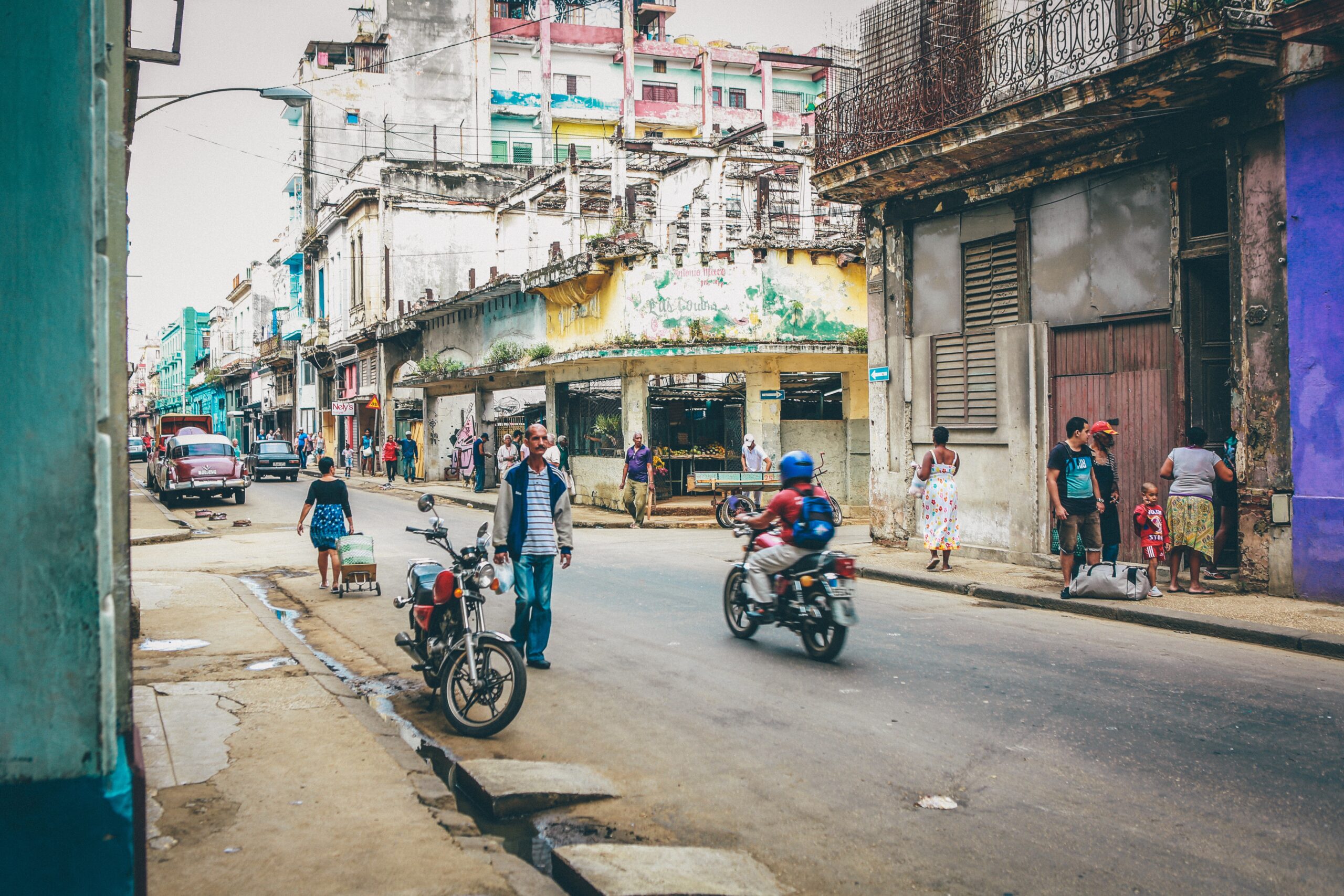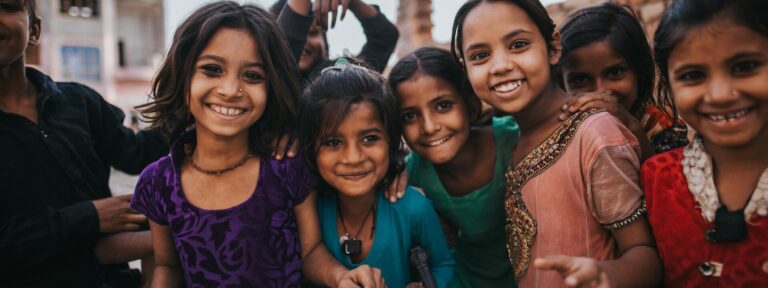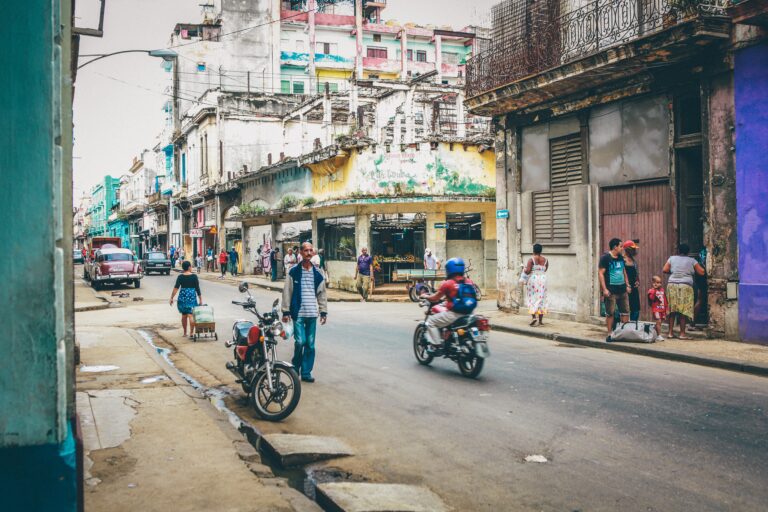
Poverty and GLobal Justice
Ending poverty is a vital step in ending population growth, as well as being essential to ensure everyone can lead lives of dignity and security. To achieve that, we must address all the drivers of poverty and inequality, and challenge the structures which contribute to or perpetuate them.
The highest rates of population growth take place in the world’s poorest countries. The population of the Least Developed Countries is projected to rise from just over 1bn in 2020 to 1.9bn in 2050. In some countries, population growth is outstripping economic growth, making them unable to escape poverty.
About Population Matters
Population Matters campaigns to achieve a sustainable human population, to protect the natural world and improve people’s lives.
We promote positive, practical, ethical solutions – encouraging smaller families, inspiring people to reduce excessive consumption and helping us all to live within our planet’s natural limits. We believe everyone should have the freedom and ability to choose a smaller family. We support human rights, women’s empowerment and global justice.
Family size and poverty
The world’s lowest-income countries tend to have the largest family sizes and fertility rates. There are multiple factors contributing to that link. When people have no economic security and cannot rely on their government and a social safety net, they often have children to help provide income or labour for their families, and to ensure they will be looked after when they are older.
In low-income countries, the pressure of providing services and infrastructure to a growing population contributes more to the cycle. Lack of health care, education and modern family planning leave the conditions which lead to large family size unaddressed. Tackling poverty allows family sizes to reduce.
Of course, population growth is itself a major contributor to poverty in many low-income countries. Actions which address it in those places play a critical role in ending it, but they are far from the only actions needed.
We cannot confront the massive challenges of poverty, hunger, disease and environmental destruction unless we address issues of population and reproductive health.
Thoraya Ahmed Obaid, UN Under-Secretary-General 2000-2010
CHALLENGING INEQUITY
Poverty is not a consequence of limited global resources, but political and economic injustice. While billions enjoy an affluent style, more than a tenth of the world’s population live in extreme poverty today. However, despite the fact that the richest drive the climate crisis, resource competition and environmental damage, the poorest people are almost always at greatest risk from them. The effects of an unsustainable population hit the poorest first, and hardest.
Evidence shows that economic growth in low-income countries does not automatically bring about lower fertility rates and population growth, while family sizes have fallen in poorer countries which haven’t grown economically. However, countries which have been successful in bringing down their fertility rates have often moved out of poverty more quickly.
TRADE, AID AND JUSTICE
Most of the drivers of continued poverty are a product of the choices, policies and past and present actions of governments in the wealthiest parts of the world. Those include, colonialism, slavery, support for poor or repressive governments, and the abuse of economic power. The international community and in particular the most affluent must address those injustices.
CHANGE FROM WITHIN
Like other nations, poor countries can also be afflicted by bad governance and internal challenges. Where they exist, corruption, repression, bad policymaking, poor investment, and harmful social norms such as gender inequity all act as brakes on economic development. Those campaigning against these forces in their own countries need the strongest support from the rest of the world.
GLOBAL JUSTICE AND FUNDAMENTAL REFORM
While poverty can also drive significant environmental destruction, the core driver of our global environmental crisis is overconsumption in the affluent parts of the world. This is in part driven by unsustainable and excessive consumer demand, and the choices of individual consumers in wealthy societies must play a critical role in addressing inequity and promoting sustainability. The free choice of consumers can be limited, however, and change at a more fundamental level is needed.
Population and the Sustainable Deveopment Goals
The Sustainable Development Goals are United Nations targets to achieve decent lives for everyone on a healthy planet. Governments across the world have signed up to the goals. Learn more about how tackling population can help secure a more just future.



